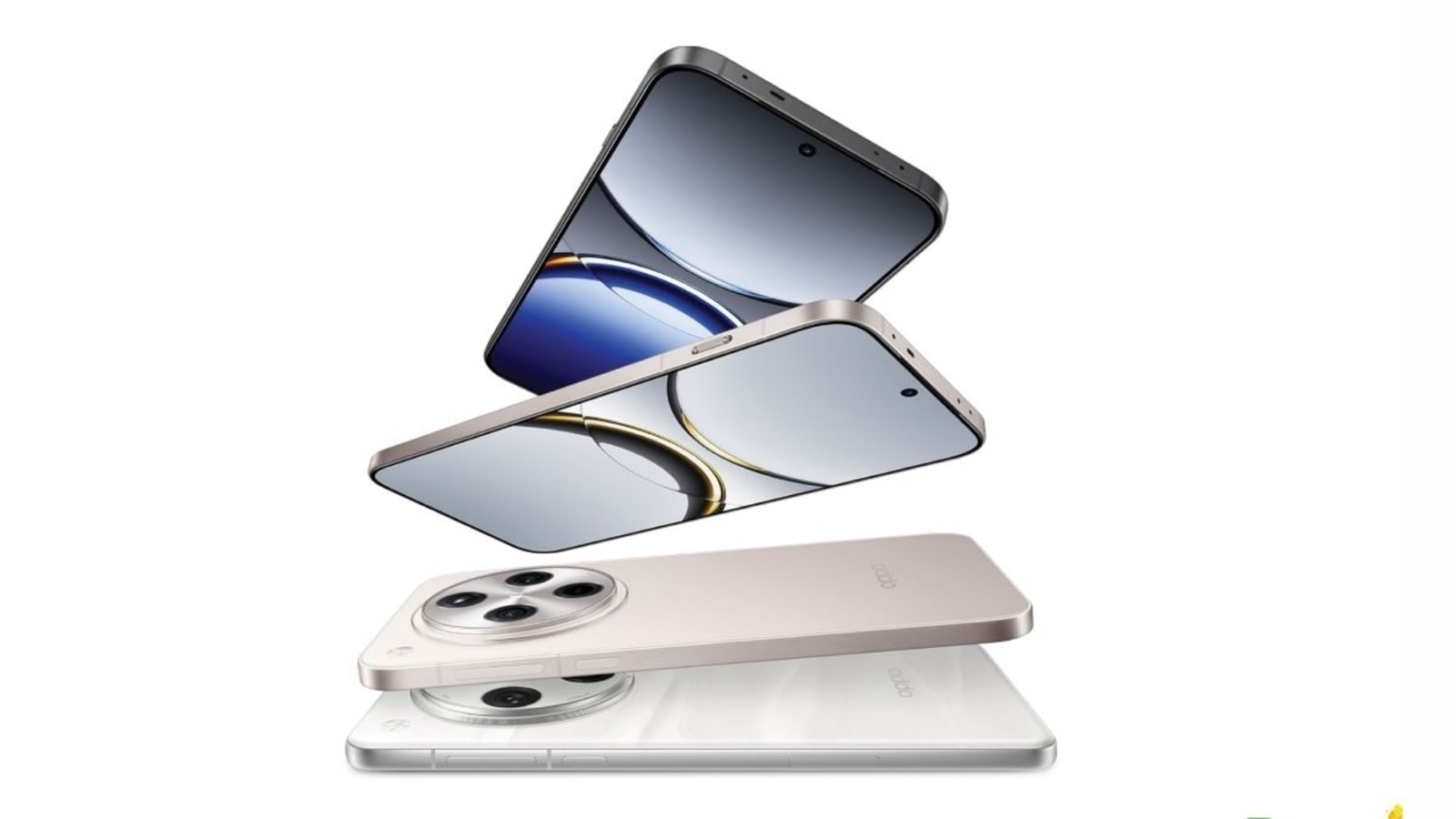
If you have an iPhone 16 and smash the thing on the ground, you’re in luck: Apple has begun selling replacement parts including cameras, displays, and batteries for its latest iPhone. The company, long resistant to customers repairing their own devices, has been making it easier following years of pressure from repairability advocates like iFixit. A replacement camera assembly will cost $169 for the standard iPhone 16 or $249 for the larger 16 Pro and Pro Max.
Displays range from $279 to $379 depending on the model and size. Batteries are $99, or $119 for the 16 Pro, though they’ll be more like $60 for the Pro if you ship Apple your old battery back. A camera will run you closer to $189 if you return the defective part.

You’ll want to check Apple’s official replacement site for full pricing factoring in return credits. If you don’t have specialized tools to conduct the repair, Apple will rent you the battery repair device that its own technicians use. Apple first launched its self-service repair program in 2022, which provides customers access to parts, tools, and manuals to repair select iPhones and Macs.
The company for years restricted repairs to authorized technicians for years, saying that unauthorized technicians could make mistakes that would damage devices and harm the pristine Apple brand. And iOS still rejects components that are not authorized by Apple. But these decisions contradicted Apple’s own commitment to sustainability, because the company’s restrictions made repairs more costly and could result in more people just throwing away devices for a new one.
An open market ultimately drives costs down and makes it easier for people to hold on to a device for longer. Fortunately, pressure has pushed Apple to open up repair manuals and parts to anyone, and the company will soon offer better support for more affordable third-party components , extending the lifespan of devices that consumers feel would continue to operate perfectly fine so long as they could replace a certain part, like a cracked camera or display. Recent data suggests consumers are upgrading their devices less frequently .
It’s great that Apple has been able to make its devices so durable, just increasing their value. But as customers replace their devices less often, the company has been making up the lost revenue by pushing harder into services, where it charges recurring subscriptions for products like Apple One. It recently began rolling out Apple Intelligence, a suite of artificial intelligence tools baked into iOS that require recent hardware the company hopes will convince customers to upgrade to an iPhone 15 or newer.
.













